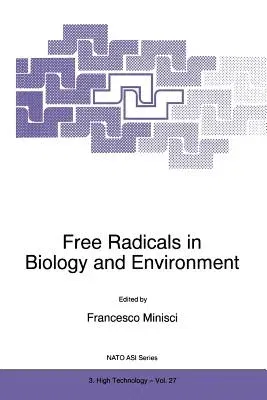Free Radicals in Biology and Environment (Softcover Reprint of the Original 1st 1997)Paperback - Softcover Reprint of the Original 1st 1997, 4 December 2010

Qty
1
Turbo
Ships in 2 - 3 days
In Stock
Free Delivery
Cash on Delivery
15 Days
Free Returns
Secure Checkout
Part of Series
NATO Science Partnership Subseries: 3
Part of Series
NATO Science Partnership Sub-Series: 3:
Part of Series
NATO Science Partnership Subseries: 3 (Closed)
Print Length
500 pages
Language
English
Publisher
Springer
Date Published
4 Dec 2010
ISBN-10
9048148316
ISBN-13
9789048148318
Description
Product Details
Book Edition:
Softcover Reprint of the Original 1st 1997
Book Format:
Paperback
Country of Origin:
NL
Date Published:
4 December 2010
Dimensions:
23.39 x
15.6 x
2.64 cm
ISBN-10:
9048148316
ISBN-13:
9789048148318
Language:
English
Location:
Dordrecht
Pages:
500
Publisher:
Series:
Weight:
716.68 gm

